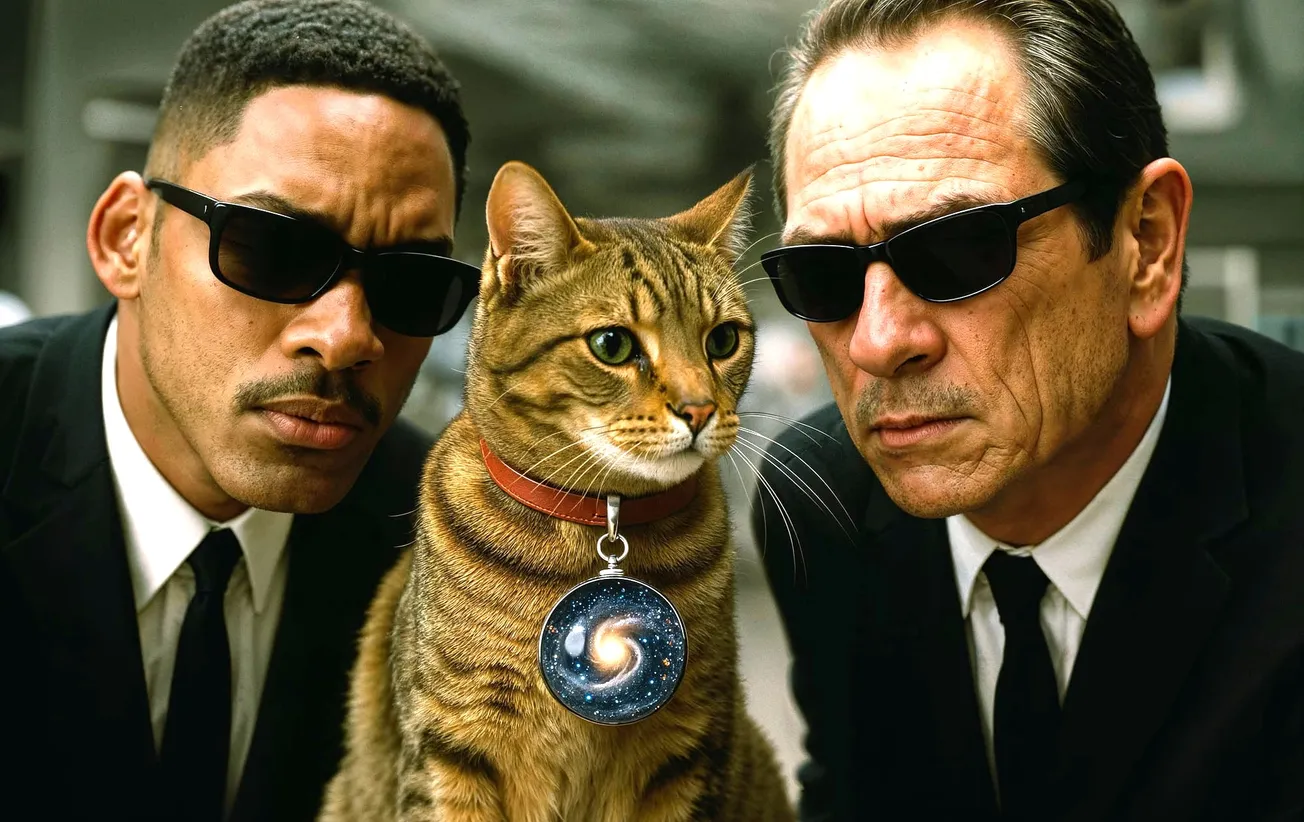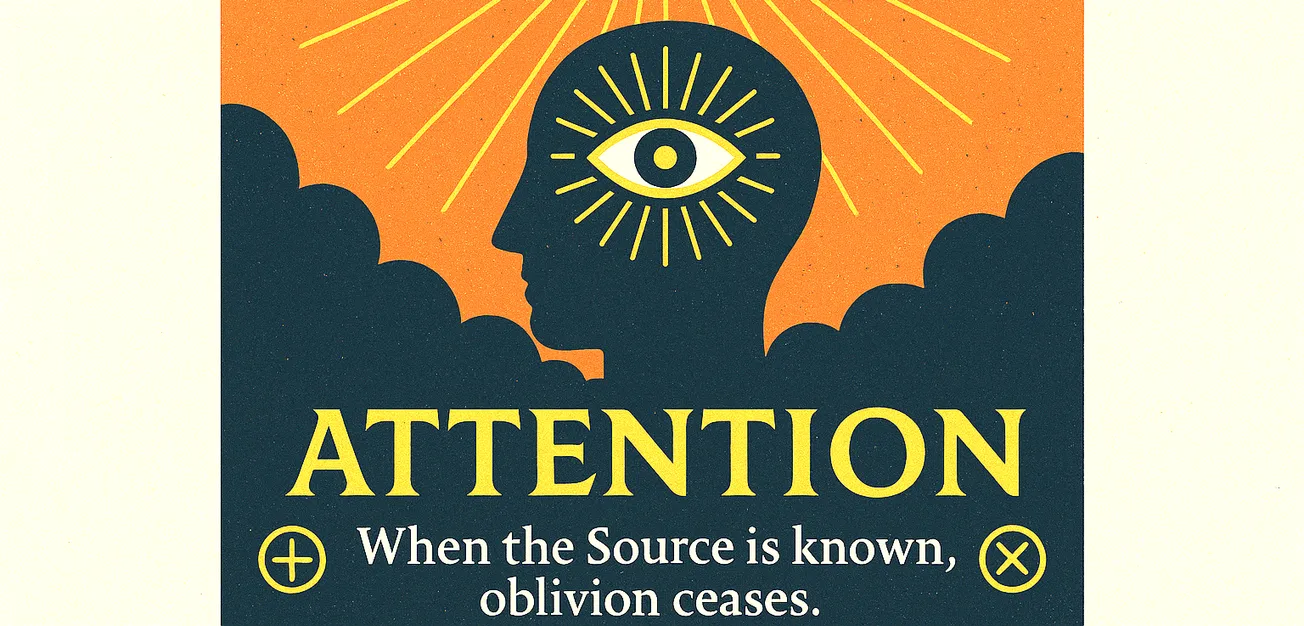Size doesn’t equal significance.
The Story, Simply
- An alien prince, disguised as a jeweler, dies after warning: “The galaxy is on Orion’s Belt.”
- J and K first think stars; they later realize it’s the cat’s collar.
- The pendant holds a tiny but powerful galaxy that other aliens will destroy Earth to reclaim.
- After a chase through New York (hello, World’s Fair rockets), the agents recover the pendant and avert disaster.
- The film ends by zooming out: our entire universe looks like a marble in some larger being’s game. Mind. Blown.
The Motto: Scale and Perspective
Size doesn’t equal significance. That’s the core idea. A galaxy can hang from a house pet’s neck, while our vast universe can be just another bead in someone else’s bag. Meaning isn’t fixed to meters or miles; it depends on where you stand and how you look.
Three quick lessons:
- Beware of literalism. “Orion’s Belt” sounds cosmic, but the clue is linguistic and local. Perspective—semantic, not only spatial—solves the puzzle.
- Tiny can be titanic. The pendant is small, yet its contents decide the fate of worlds. Importance flows from relationships and context, not absolute size.
- Humility scales. That closing zoom-out invites a gentle ego-check: our “everything” might be someone else’s trinket. And that’s okay—it expands wonder.
Why It Sticks
The scene marries popcorn thrills to a philosophical wink. It’s fun, fast, and funny—but it also nudges us to question our defaults: big = important, far = profound, near = trivial. Men in Black suggests the opposite might be true just as often.
Takeaway
Look for “Orion’s Belt” moments in daily life—places where a small detail holds a vast story. Shift your angle. Change the scale. Meaning will change with it.



